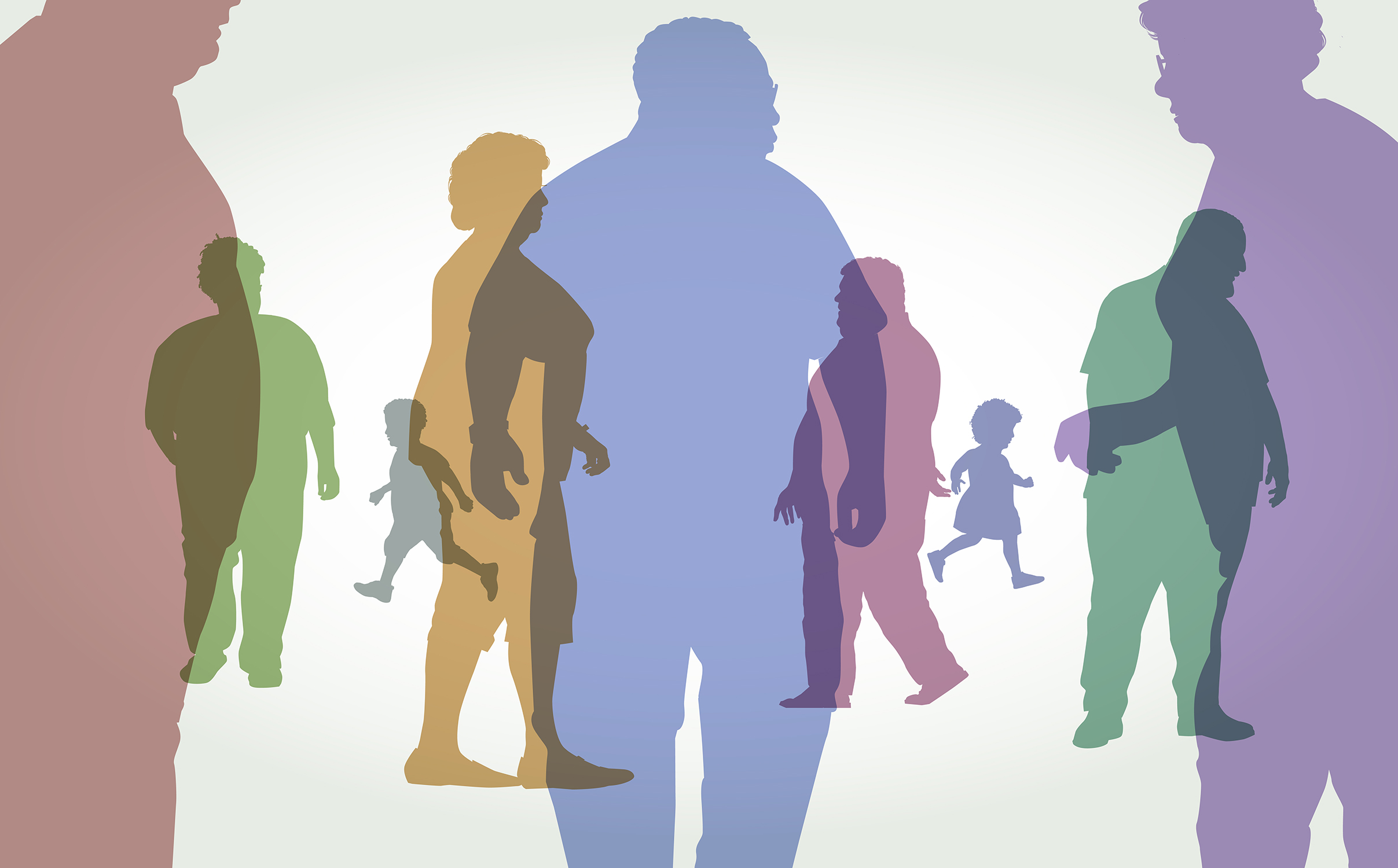
In a society that is chronically online, the term “fatphobic” is often used to describe certain public figures, pieces of media and industries. One example is Taylor Swift’s video for “Anti-Hero.” Another is a movie titled The Whale, which opened late last fall to wide critical acclaim and details the struggles of an obese man played by Brendan Fraser, who was recognized with the Oscar for Best Actor — his first — during Sunday night's ceremony.
But what does the term mean? Through the analysis of these two pieces of media, Texas A&M University sociology professor Joan Wolf dissects fatphobia, its societal impacts and the best ways to reverse the harmful stigma that surrounds body weight.
“There’s almost a universal agreement that fat is bad,” said Wolf, an associate professor in the Department of Sociology. “We have a whole health industry that is set up around making people thinner. We have a self-help industry with scientists and doctors who are devoted to the message that everybody should lose weight. Because we think it’s all under our control, we judge people who are fat, and we think that they are lazy — that their character is somehow represented by the fact that they carry more body weight.”

Shortly after its December release, The Whale director Darren Aronofsky found himself in the middle of controversy, with many saying that the film misrepresented the real struggles of obese people. Adding to the criticism was the fact that Fraser wore prosthetics to achieve his character’s look, when Aronofsky could have chosen an obese actor.
When asked about why The Whale received such backlash, Wolf referenced the role that the media often plays in pushing a fatphobic agenda and especially the huge issue that exists with the lack of body diversity in all forms of media.
“The media, broadly speaking, distorts our understanding of what is in fact a more common, a more normal body,” Wolf said. “Which is one where people often carry fat in their middle. They have generous thighs and butts. When we do see fat people, we are supposed to judge that fat, to assume that being fat dominates their life. We need to see more fat people who are doing just fine.”

However, the issue of whether something is fatphobic can sometimes be a complicated issue. In the video for “Anti-Hero,” Swift steps onto a scale, only to look down and see only the word “fat” in big letters. This scene was described by some as an artistic way of showcasing Swift’s struggles with her body image, but also interpreted by others as being fatphobic because of the negative connotation associated with the particular word. Fat “Swifties” felt as if they were being judged by this scene and thought that her efforts to be inclusive failed due to her own lack of experience living in a bigger body.
“It’s reasonable to ask whether Taylor is the right person to be leading the charge against fat shaming,” Wolf said. “She’s well intentioned, but she’s also a little tone deaf on the politics of representation.”
It is also common to wonder if and when it is acceptable to use the word “fat,” especially since the current connotation around it is negative.
“Many have advocated using the word ‘fat’ to destigmatize the word,” Wolf said. “Some people are fat; some are thin. What we need to do is stop pathologizing and discriminating against people who are fat. I use it in that sense. But if I were with people who find it offensive, I absolutely would not use it. In other words, if you hope to destigmatize the word, be clear of your intentions. And if the word is hurtful to someone, just avoid it.”
When asked about the best way to reverse the stigma that exists around being fat, Wolf said that changes first need to be made regarding the way that scientific findings are being communicated to the public.
“We have scientists telling us that being overweight causes multiple health problems,” Wolf said. “The extent to which fatness is causal or a symptom of underlying problems in which fatness is one indicator has yet to be determined. Scientists need to do a better job of conveying that uncertainty.”
Wolf said consciously focusing on treating others with basic human respect and empathy wouldn’t hurt, either.
“At this point I think the best thing we can do is say, ‘Treat everyone like a human being,’” Wolf said. “We shouldn’t be treating someone differently because of how much weight they carry.”

